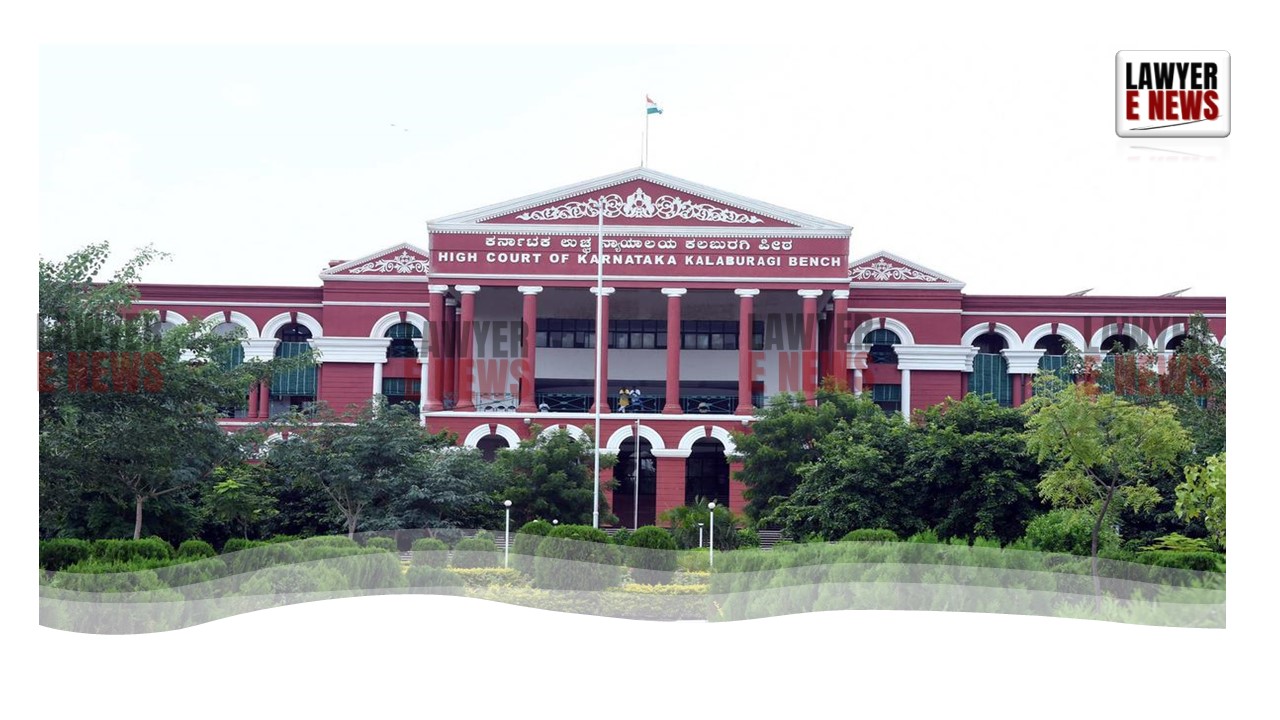-
by Admin
15 February 2026 5:35 AM



Karnataka High Court, in Prajwal Revanna vs. State by Cyber Crime Police Station, CID, Bengaluru (Criminal Petition No. 9581 of 2024), dismissed a petition for anticipatory bail under Section 438 of the Code of Criminal Procedure, 1973. The petitioner, Prajwal Revanna, sought protection against arrest in connection with charges of repeated sexual assault, voyeurism, and criminal intimidation, as well as offenses under the Information Technology Act, 2008. Justice M. Nagaprasanna, presiding over the case, denied the bail plea, emphasizing the seriousness of the allegations, the strong prima facie evidence, and the risk of the accused absconding or tampering with witnesses.
The case revolves around allegations made by a maid employed at the petitioner’s house. The complainant alleged that from 2021 to 2022, Revanna repeatedly assaulted her, made inappropriate advances, and covertly recorded videos of her without consent. When she protested, she was threatened with serious consequences. A complaint was filed in May 2024, leading to an investigation under various sections of the Indian Penal Code (IPC) and the Information Technology (IT) Act.
Revanna, anticipating arrest, filed a petition for anticipatory bail, which was rejected by the Sessions Court. He then approached the High Court, challenging the lower court’s order.
Prima Facie Evidence of Sexual Assault and Voyeurism
The court scrutinized the charge sheet, which contained forensic evidence, including video recordings that had been subjected to Forensic Science Laboratory (FSL) analysis. The FSL reports confirmed that the videos were genuine, and the voices of both the petitioner and the victim were matched, corroborating the victim’s version of events.
The court found that the evidence prima facie supported the charges under Sections 376(2)(n) (repeated rape), 376(2)(k) (rape by a person in a position of control or dominance), 354A (sexual harassment), 354B (assault with intent to disrobe), 354C (voyeurism), and 506 (criminal intimidation) of the IPC. Additionally, Section 66E of the IT Act, dealing with violations of privacy through covert recordings, was also invoked.
Revanna’s defense primarily centered on the delay in filing the complaint, arguing that the victim’s delay in approaching the police raised doubts about the veracity of the allegations. The incidents in question occurred in 2021-2022, but the complaint was lodged only in May 2024.
The court, however, accepted the victim’s explanation for the delay. The victim cited fear of societal stigma and concerns over her daughter’s marriage prospects as reasons for not coming forward earlier. Referring to prior judgments, the court noted that in cases of sexual assault, delays in filing complaints are not uncommon, particularly when victims fear social repercussions. The court concluded that the delay was sufficiently explained and did not undermine the complaint.
One of the primary factors influencing the court’s decision was the petitioner’s conduct during the investigation. The court noted that Revanna had traveled to Germany for 35 days during the initial stages of the investigation, raising concerns that he may abscond to avoid legal consequences.
Furthermore, the court expressed concerns about potential witness tampering. It was alleged that Revanna had already attempted to block the circulation of the incriminating videos, indicating a propensity to influence evidence. The court considered this a serious factor against granting anticipatory bail, as the petitioner’s influence and resources could pose a risk to the fair conduct of the trial.
In denying bail, the High Court relied on several legal precedents, including the Supreme Court’s ruling in Prasanta Kumar Sarkar v. Ashis Chatterjee (2010) and Bhagwan Singh v. Dilip Kumar (2023). These cases emphasize that courts should be cautious in granting bail in serious offenses, especially when there is a risk of the accused fleeing or tampering with evidence. The court held that the nature of the allegations, the gravity of the offenses, and the petitioner’s prior conduct all warranted the denial of anticipatory bail.
Bail Denied Due to Serious Allegations and Flight Risk
The Karnataka High Court ultimately dismissed the petition, underscoring the seriousness of the charges and the strong prima facie case presented by the prosecution. The court held that releasing the petitioner on anticipatory bail would pose a risk to the investigation and the safety of witnesses. Justice Nagaprasanna emphasized that the observations made in the judgment were solely for the purpose of deciding the bail petition and would not affect the trial proceedings.
Date of Decision: October 21, 2024
Prajwal Revanna vs. State by Cyber Crime Police Station, CID, Bengaluru
